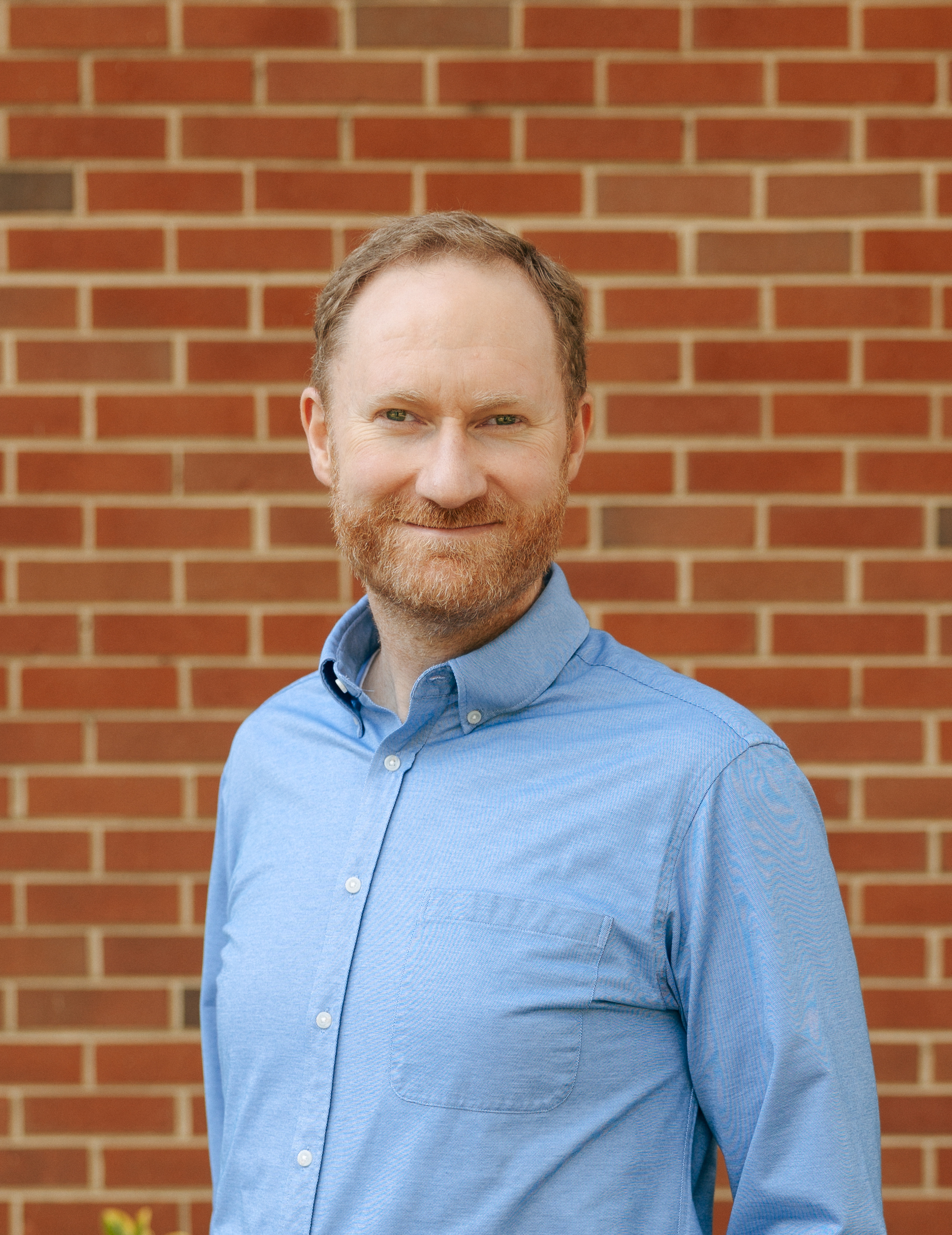“I will make with them an everlasting covenant, that I will not turn away from doing good to them. And I will put the fear of me in their hearts, that they may not turn from me.” – Jeremiah 32:40 (ESV)
Jeremiah 32 might be described as a prison letter like Paul’s in the New Testament. Jeremiah had proclaimed God’s word and judgment to Zedekiah, the king of Israel who was rebelling against Babylon. Jerusalem would be destroyed by the Chaldeans, and Zedekiah would be taken into exile. For that, the king put him into prison. While there, God gave a strange word to Jeremiah. His cousin would come, offering land to him to redeem. And so it happened. They met together with witnesses, signed the deed, and the transaction was sealed. Jeremiah was the proud owner of land. Jeremiah praises God beautifully, but he ends with a question: “Why are you giving me this land, when you have already said the Chaldeans are going to take it?”
God tells him again that judgment would indeed fall on Jerusalem for all the sin they committed over hundreds of years. The city would be destroyed, and the Chaldeans would take Israel into exile. The land would be barren. But that would not be the end of the story. The deed that Jeremiah signed for land was a sign that God would bring his people back, and they would sell land to one another again. It represents a deeper promise – God’s judgment would not last forever. Instead, God would make an everlasting covenant. In this covenant, fear of God would be planted in their hearts. The turning of their backs instead of their faces to God would end. Yahweh their God would accomplish this because of his great compassion for his people. He would not turn away from doing good to them
If you’ve been part of our study in Nehemiah, you know that God fulfilled his promise. The people returned to the land, they rebuilt Jerusalem (the temple and walls), and they rejoiced in God’s faithfulness. But their hearts were not turned toward him. They broke the same covenant their ancestors made. Clearly, the everlasting covenant God would make was still to come. We find that everlasting covenant fulfilled in Jesus. His life, death, and resurrection have made the covenant that truly transforms the hearts of those who enter into it.
As I think back over the last seven days, I know I have not had the fear of God in me at all times, and my back has turned to God instead of my face and heart. What a joy it is for this stumbling saint to know that Yahweh is the one who has made this everlasting covenant with me through Jesus the Messiah! He is not turning from doing good to me. By this transforming covenant, I am being made new and he who began this good work, this covenant, will be faithful to complete it (Philippians 1:6). And that draws my heart again and again to the crucified and risen King Jesus, who wrote this covenant with his own blood, confirmed it with his resurrection, and sealed it with his Spirit.


